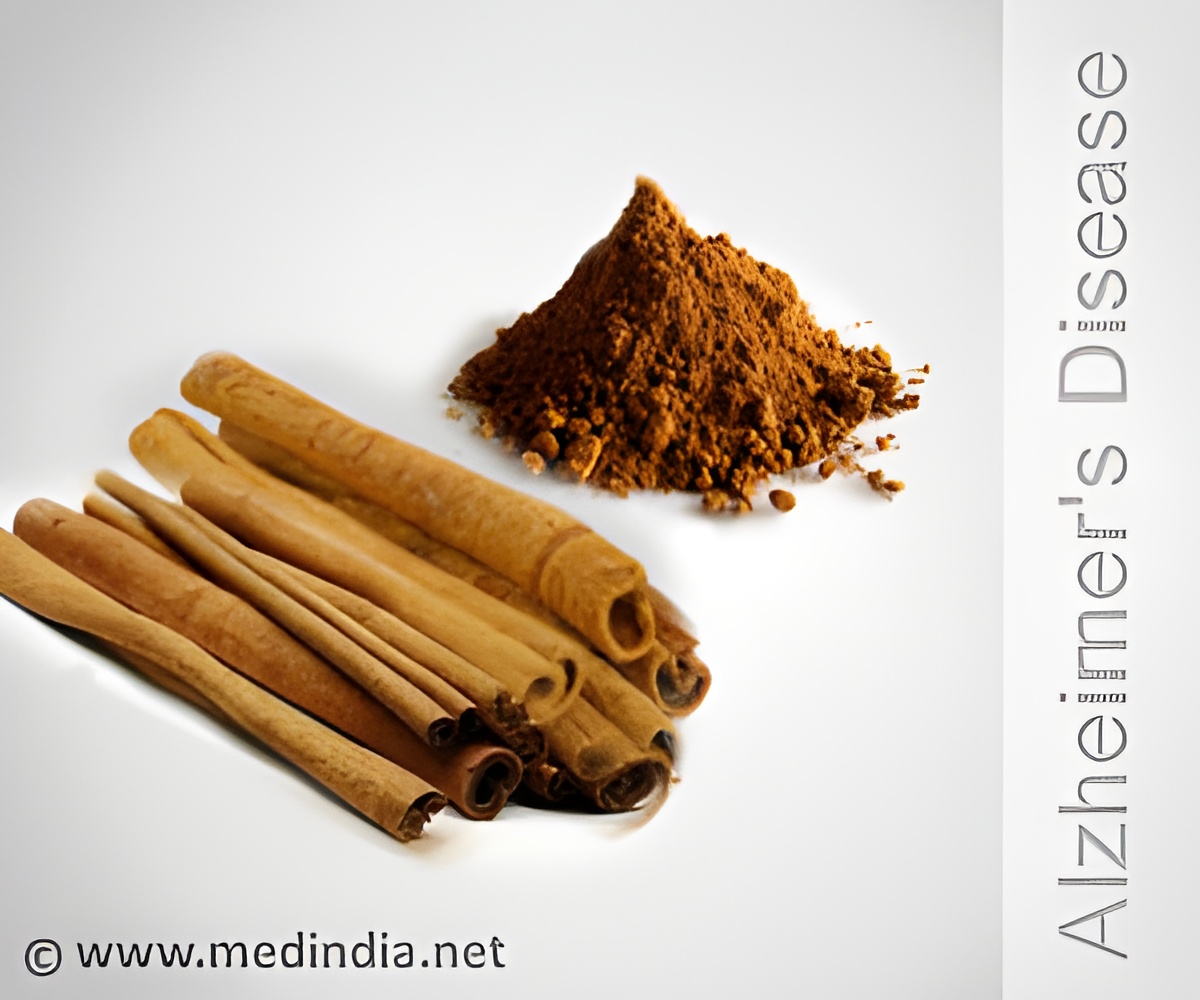A new study published in the Journal of Alzheimer's Disease indicates that cinnamon could play a role in preventing Alzheimer's.

Tau proteins are proteins that stabilize microtubules present in the nerve cells in the brain by binding to the microtubules. Tau proteins control microtubule stability through glycoform and phosphorylation. When tau proteins undergo abnormal modifications and form filamentous tangles, they can no longer stabilize microtubules properly, and can result in dementias such as Alzheimer's disease.
“The problem with tau in Alzheimer's is that it starts aggregating,” said Roshini George, a graduate student researcher at University of California and one of the authors of this study. “When the protein does not bind properly to the microtubules that form the cell's structure, it has a tendency to clump together forming insoluble fibers in the neuron”.
“Wouldn't it be interesting if a small molecule from a spice could help? Perhaps prevent it, or slow down the progression?” commented Donald Graves, lead researcher of the study and adjunct professor in UCSB's Department of Molecular, Cellular, and Developmental Biology.
The researchers found that compounds, cinnamaldehyde and the oxidized form of epicatechin, in the cinnamon extract could help stop these ‘tangles’ from forming in the brain.
What cinnamaldehyde does is, it binds to two residues of an amino acid called cysteine on the tau protein and protects the tau from oxidative stress thus inhibiting aggregation of the protein.
Similarly, epicatechin, another powerful antioxidant, ‘quenches’ the burn of oxidation and interacts with the cysteines on the tau protein just the way cinnamaldehyde does.
However, the authors feel they are "still a long way from knowing whether this will work in human beings" and caution against ingesting more than the typical amounts of cinnamon already used in cooking.
Source-Medindia











